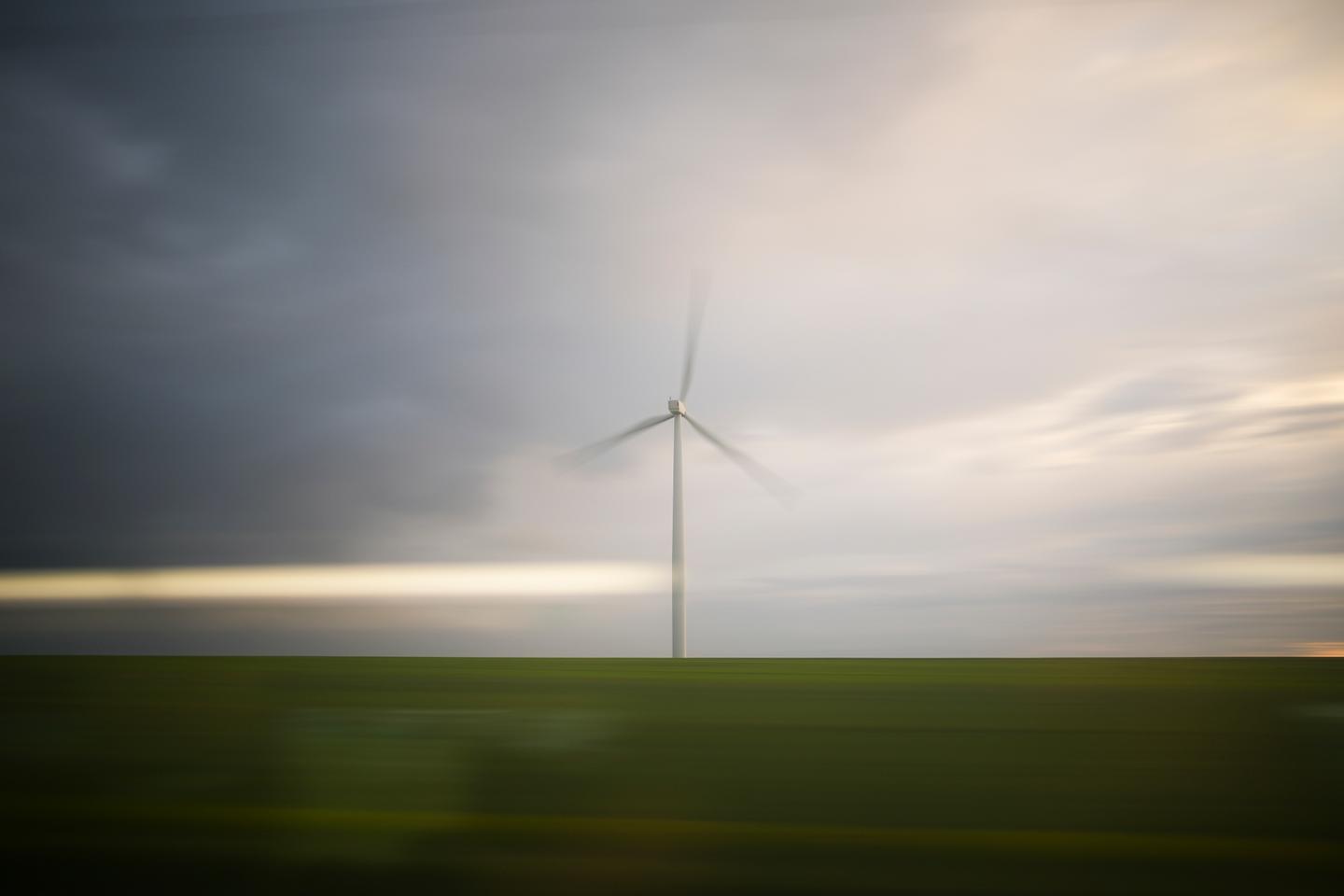World
French elections: Why is the rejection of environmentalism a driving force behind France’s far-right vote?

On May 1, an important date for the far-right Rassemblement National (RN) party, as heirs to the former Front National (FN), Marine Le Pen delivered her customary speech in the southern French city of Perpignan. Standing behind a lectern and next to a French flag, she outlined the crucial themes for the RN ahead of the European elections – with a significant focus on environmental policy. The former presidential candidate railed against “Brussels,” which “forces you, almost overnight, to change your boiler for €15,000,” against the “authoritarian reductions to agricultural land” and against the “heartless European Commission.”
“Don’t they have as their objective the reduction of human activity as a whole?” she asked, before connecting the issue to her obsession with French people’s daily lives, a strategy that has brought the RN to the threshold of coming to power. “It’s always the same logic of degrowth, which leads them to ban the sale of internal combustion engines in 2035, and thus deliberately program the sacking of our automotive industry and dependence on China,” she continued.
‘Localism’
Long downplayed or mocked, environmental issues are now a core part of the RN’s political strategy. Previously, the party had tried to build its own doctrine on these subjects through “localism,” a concept stemming from the far-right identitarian movement. However, the populist party has shifted to a simpler tactic: To identify tense subjects, and capitalize on the resentments and tensions generated by the green transition.
“At the time of the Yellow Vests crisis, the RN understood that the climate issue could start to disrupt everyday life and therefore create discontent,” summed up Théodore Tallent, a researcher and lecturer at the elite social sciences university Sciences Po, and the author of a recent note for the Fondation Jean Jaurès think tank on the risk of backlash, i.e. the hardening of opinions when faced with the scale of major challenges. “This allows them to find a new way to criticize Brussels, the elites, to come to the defense of the ‘little people’ who would be oppressed by the ‘powerful’,” he continued.
During the 2021 regional elections, Le Pen spoke out against wind turbines, “a major battle (…), a visual, ecological and economic disaster.” Since 2021 and the adoption of the Climate and Resilience law, those closest to her have denounced a bevy of measures, such as low-emission zones and net-zero land artficialisation, before focusing on the recent crisis in the agricultural world. It was at this moment that Jordan Bardella, the RN’s president, railed against “the tyranny of NGOs, the government of judges and Europe.”
You have 67.63% of this article left to read. The rest is for subscribers only.







:max_bytes(150000):strip_icc()/roundup-writereditor-loved-deals-tout-f5de51f85de145b2b1eb99cdb7b6cb84.jpg)


